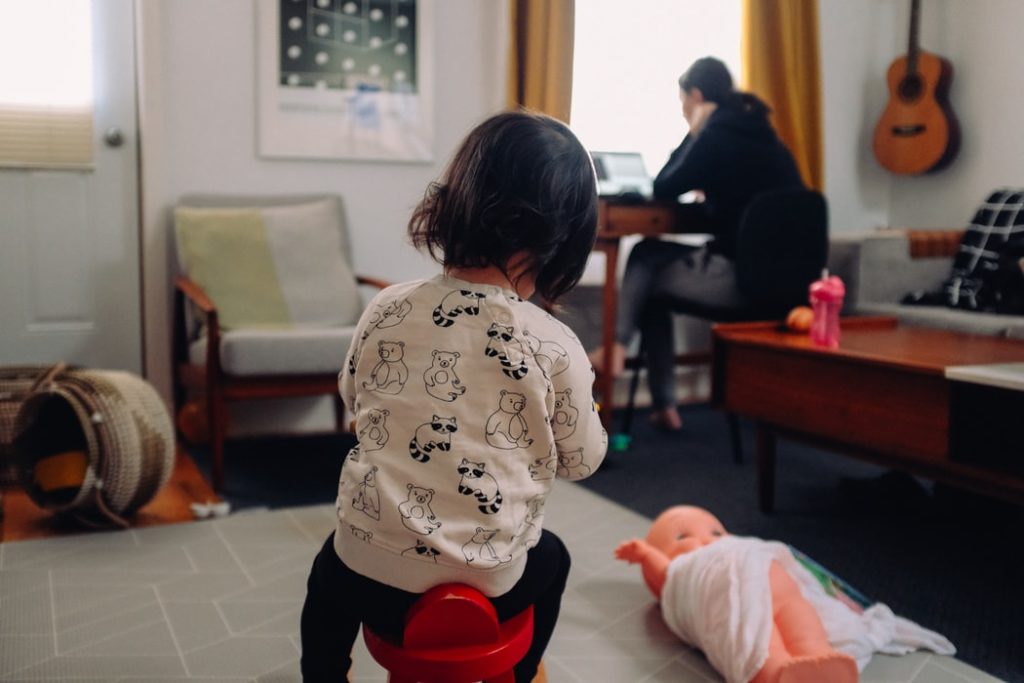As the Covid-19 situation in Belgium worsens, federal health minister Frank Vandenbroucke has warned that it's "time to push on the brakes," but stressed the importance of utilising existing measures rather than introducing new ones.
In October, the Consultative Committee strongly recommended returning to teleworking where possible, however, Vandenbroucke has now gone further and urged companies to make working from home possible for employees, as the current situation requires that "urgent action must be taken."
"We are facing very difficult weeks," he told Radio 1 on Friday. "The pressure on hospitals and doctors is already very high, but this will only increase, as there is too much of the virus going around."
Currently, around 7,000 new infections are being recorded in Belgium every day, while there are more than 350 Covid-19 patients in intensive care units. As a result, the whole of Belgium is coloured dark red as of Thursday's update of the European travel map.
"If it goes on like this, we will reach a critical alarm threshold of 500 in the ICU and that is a very bad situation, so we have to push on the brakes on now."
Related News
- Number of Covid-19 hospitalisations continues to rise
- Rapid test at entrance of venues is (usually) invalid, says Vandenbroucke
- How non-EU residents can get Belgium's Covid Safe Ticket
He stressed that from Monday, after the autumn break, companies must be prepared to implement telework, which he said would also work in the favour of employers.
"Many companies are experiencing absences due to the virus. If they want to keep working, they should switch to telework. This also means there will be fewer people on public transport, meaning less close contact between people, and also fewer infections," Vandenbroucke said.
To reduce the number of infections in schools, it was already announced that face masks will once again become mandatory for pupils in the fifth and sixth years of Dutch-speaking primary schools and for all pupils in French-speaking secondary schools when pupils are seated, starting from Monday 8 November, which drew criticism from parents.
"I know it's annoying," Vandenbroucke said, "but better to have a child with a face mask than a child staying at home because schools have closed."
When asked whether new measures would be implemented, he said people must continue doing "what we know works."
"Those who are not yet vaccinated must get vaccinated because you will be better protected. The risk of ending up in hospital if you are unvaccinated and a bit younger is nine times higher than if you are vaccinated," he said.
Pressure on hospitals
Vandenbroucke stressed that the vaccines and the high coverage rate are what's protecting the country from a real catastrophe. "But despite the vaccines, we see more patients arriving in hospitals," Vandenbroucke said.
All Belgian hospitals have been asked to revert to phase 1A within two weeks, meaning 25% of their ICU capacity must be reserved for Covid-19 patients. This also means some hospitals will once again have to postpone non-urgent care.
In response to this decision, Ghent University Hospital (UZ Gent) announced it would no longer be reserving beds for Covid-19 patients so that it wouldn't have to postpone non-urgent care for vaccinated people.
"A smaller category of people who are vaccinated but 'immunocompromised', meaning they make up too few antibodies in response to the vaccine, end up in the hospital. But the majority of the patients admitted here are not vaccinated," UZ Gent's head doctor Frank Vermassen told De Standaard, adding that these patients are "partly to blame for the fact that we have not been able to avoid the fourth wave."
He explained that all Covid-19 patients would still receive optimal care, but that beds will not be reserved and left empty "just in case."
Although he understands "frustrations are running high and the situation is difficult," Vandenbroucke criticised this decision. "Those Covid-19 patients will come, and if you don't reserve beds, they will soon be lying in the corridors," he said.
He added that having to take extra measures to avoid the situation getting worse is "disappointing and difficult," but that everyone, including those who are vaccinated, should reduce the number of contacts they have, always keep their distance and continue wearing face masks in indoor places.
"And people who feel sick or think that they are infected should get tested. They don't even have to go to a GP for this, people can do an online test now and then you get a code to get tested."

